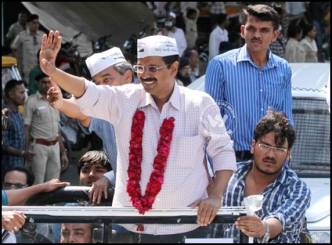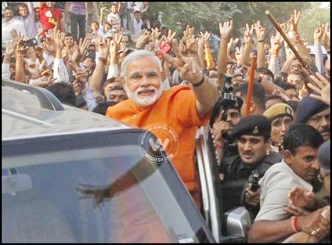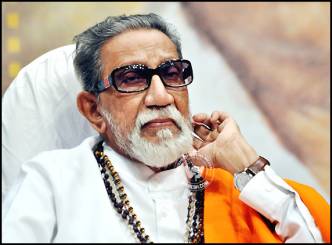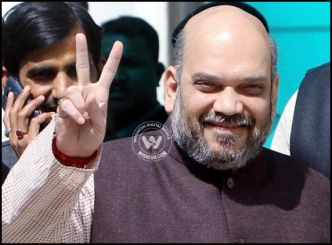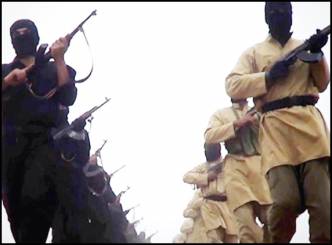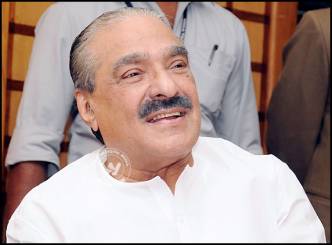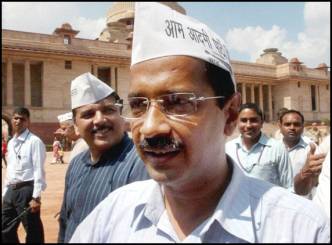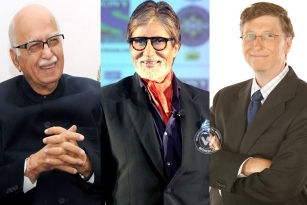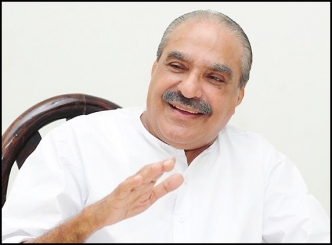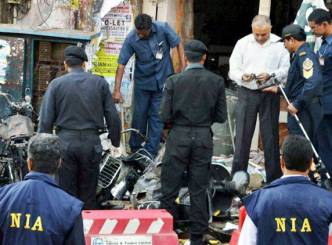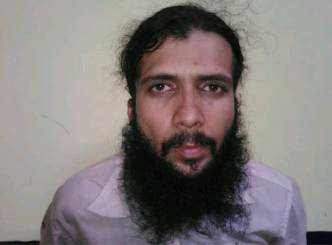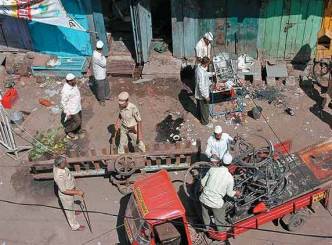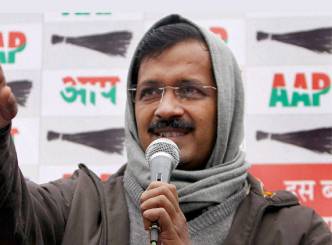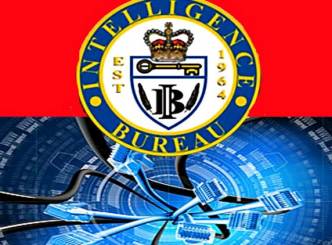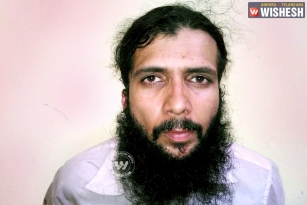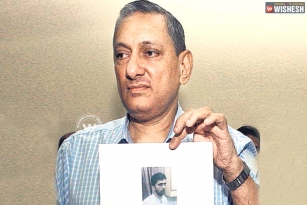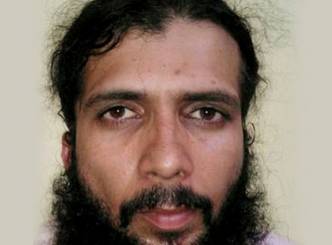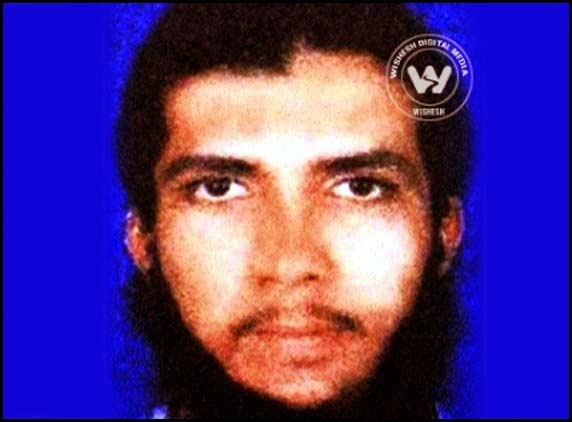
In what can be deemed as a major breakthrough for the country, Bihar police together with central intelligence agencies cracked down India's most-wanted fugitive - Indian Mujahideen honcho, Yasin Bhatkal - on the Indo-Nepal border in Bihar, yesterday.
A key suspect in several major bomb blasts that terrorized India since 2008, the arrest of Mujahideen mastermind is expected to open new doorways to the long-probe on terror activities in the country.
“He is presently in the custody of Bihar Police. His interrogation is going on," Union home minister Sushilkumar Shinde revealed.
Indian Mujahideen is an indigenous jihadi outfit backed by the more powerful Lashker-e-Taiba, and has been associated with terror strikes in Mumbai, Delhi, Hyderabad, Bangalore, Ahmedabad, Pune and Jaipur.

"This is the biggest success after the Batla House operation, following which the IM was forced to slow down its activities," said an intelligence official.
Bhatkal's arrest comes close on the heels of key LeT man Abdul KarimTunda's was deported from Nepal last week.
A joint operation of central intelligence agencies and the Bihar Police, the covert officers were deployed in Darbhanga in Bihar for his arrest. The Research and Analysis Wing (RAW) and the Intelligence Bureau (IB) helped the authorities track him down. A special cell of Delhi Police was stationed on Bihar-Nepal border for last one week to execute the operation.
Unlike other top IM brass operating from Pakistan and West Asia, Yasin has been carrying out his terror strikes from India, even after his name cropped up on agency radars. He is suspected to have brainstormed and executed the German Bakery blasts in Pune as well as Dilsukhnagar blasts in Hyderabad this year. The police has been trailing him since last five years.
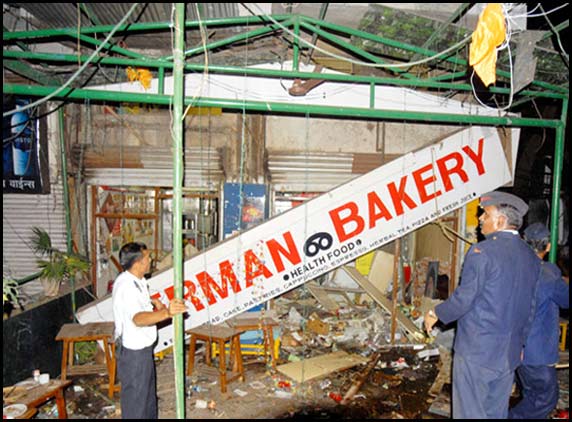
A self-acclaimed engineer, Bhatkal dodged the clasp of agencies so far by staying off phones and using modern means of communication sparingly and sticking to chat services like Nimbuzz and Yahoo. He used public booths to instruct his cadres and on rare occasions when he used cellphones, the numbers were faked.
"These he used sparingly-only when an operation had to be put in motion and instructions given. He believed in meeting people personally and discussing plans. He moved with a core group that acted together and personally planted bombs," an officer tracking him said.
(AW: Suchorita Dutta)



